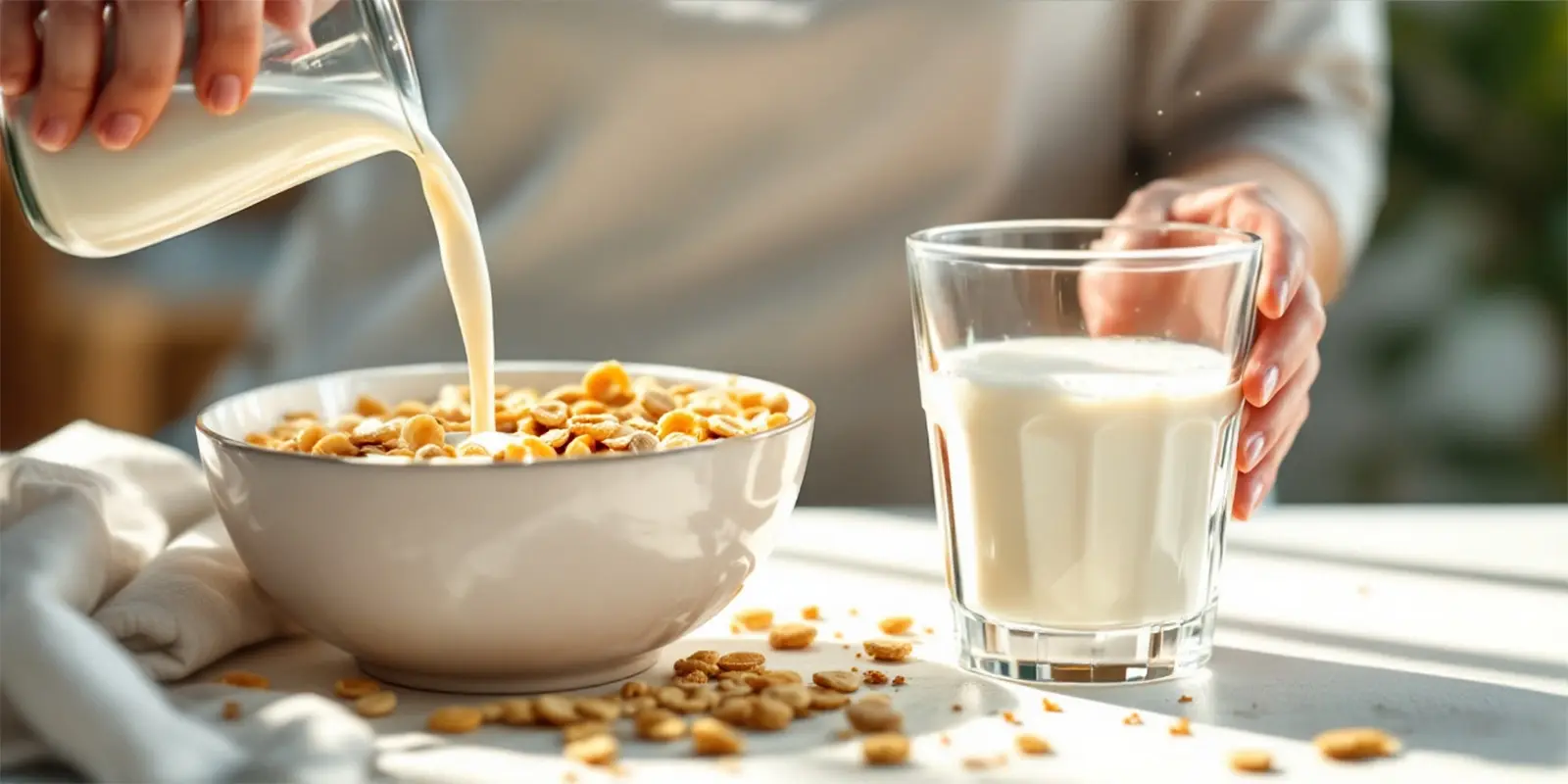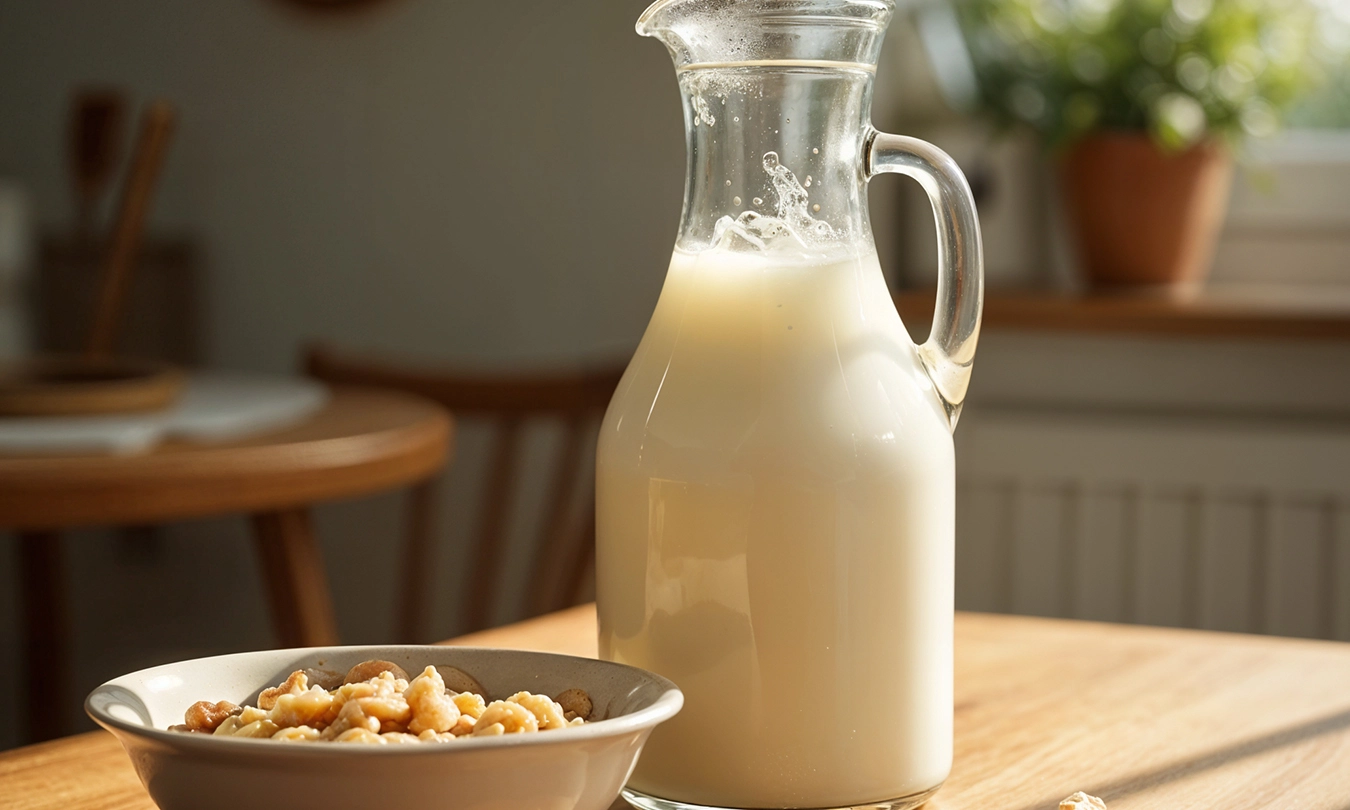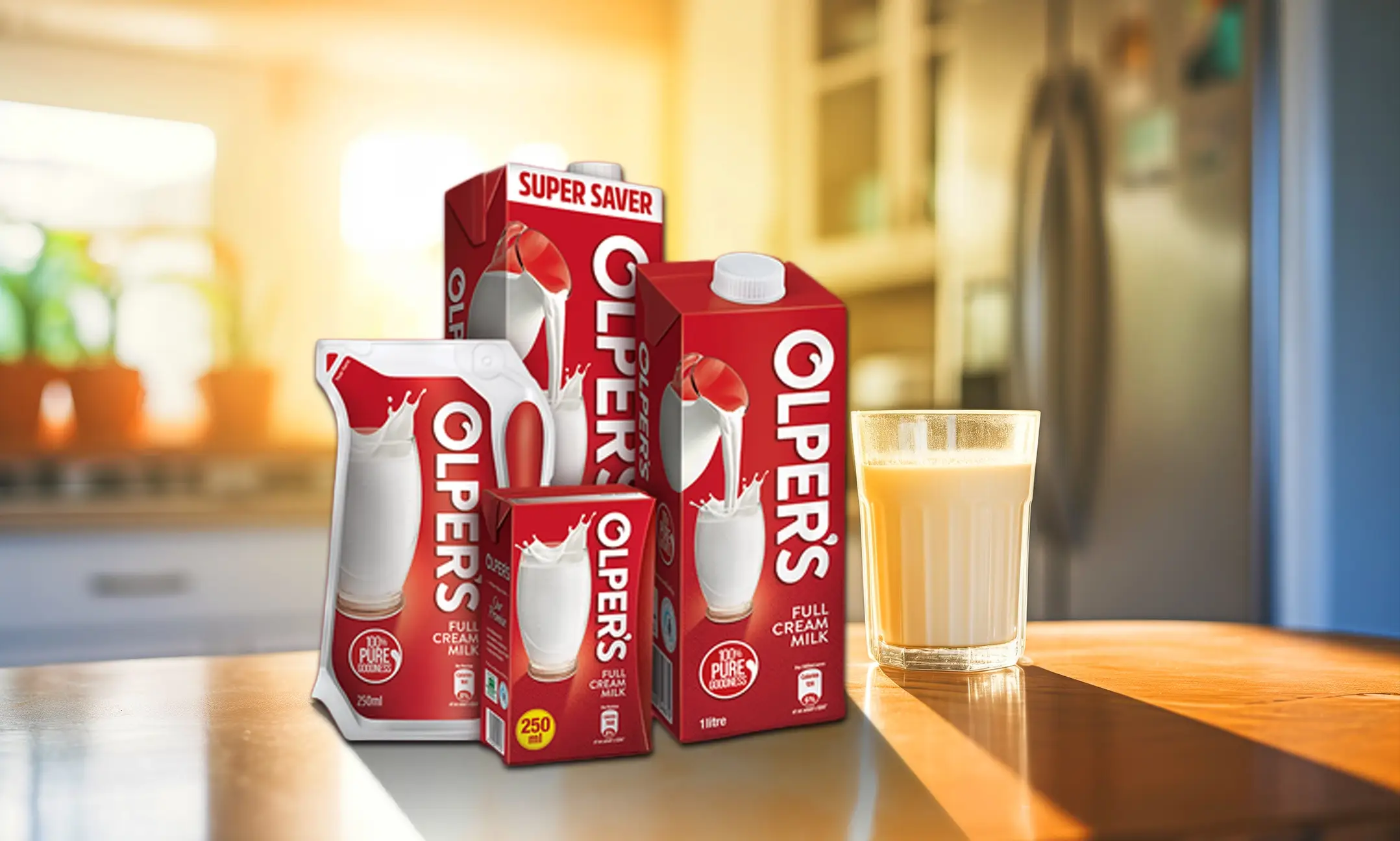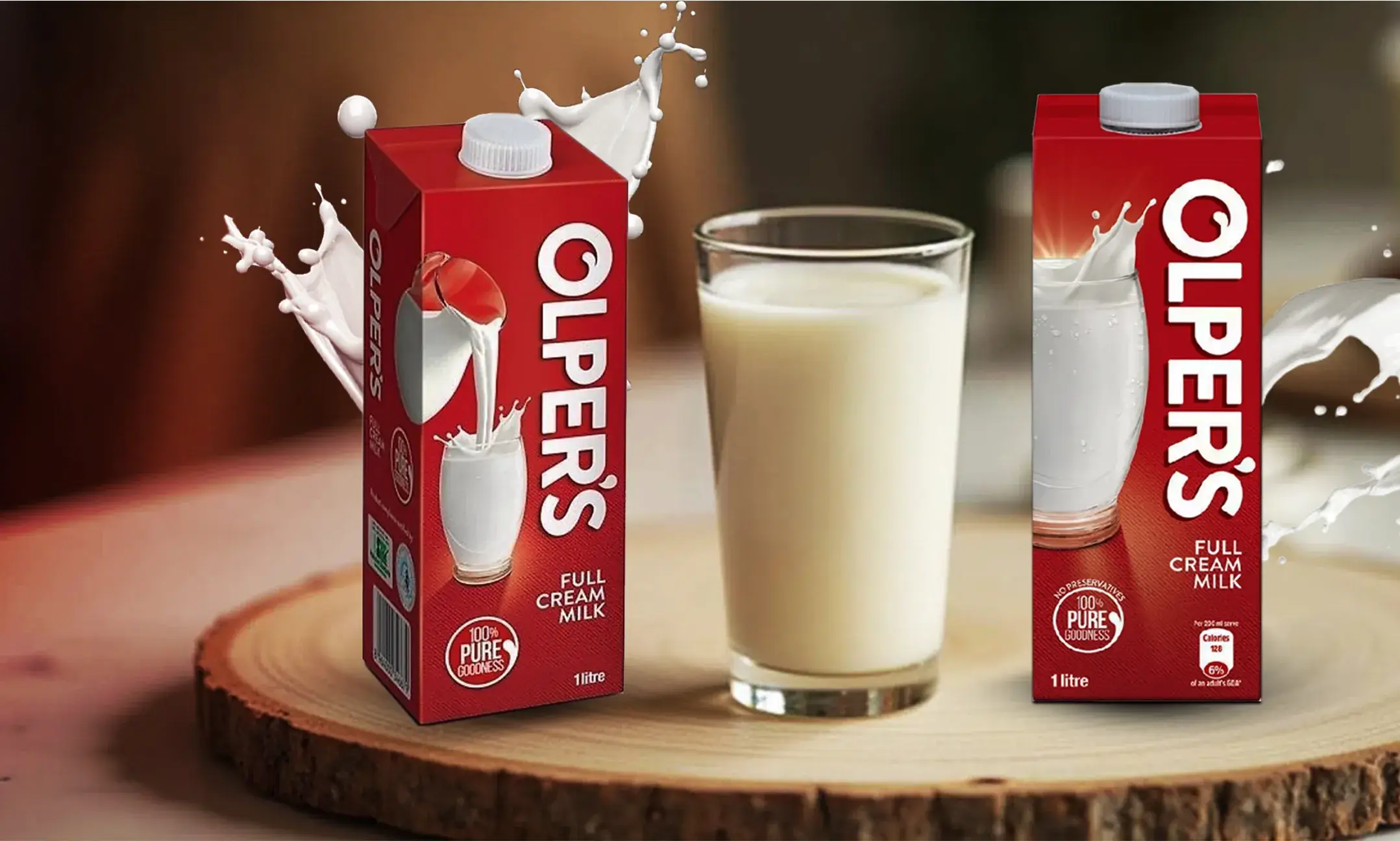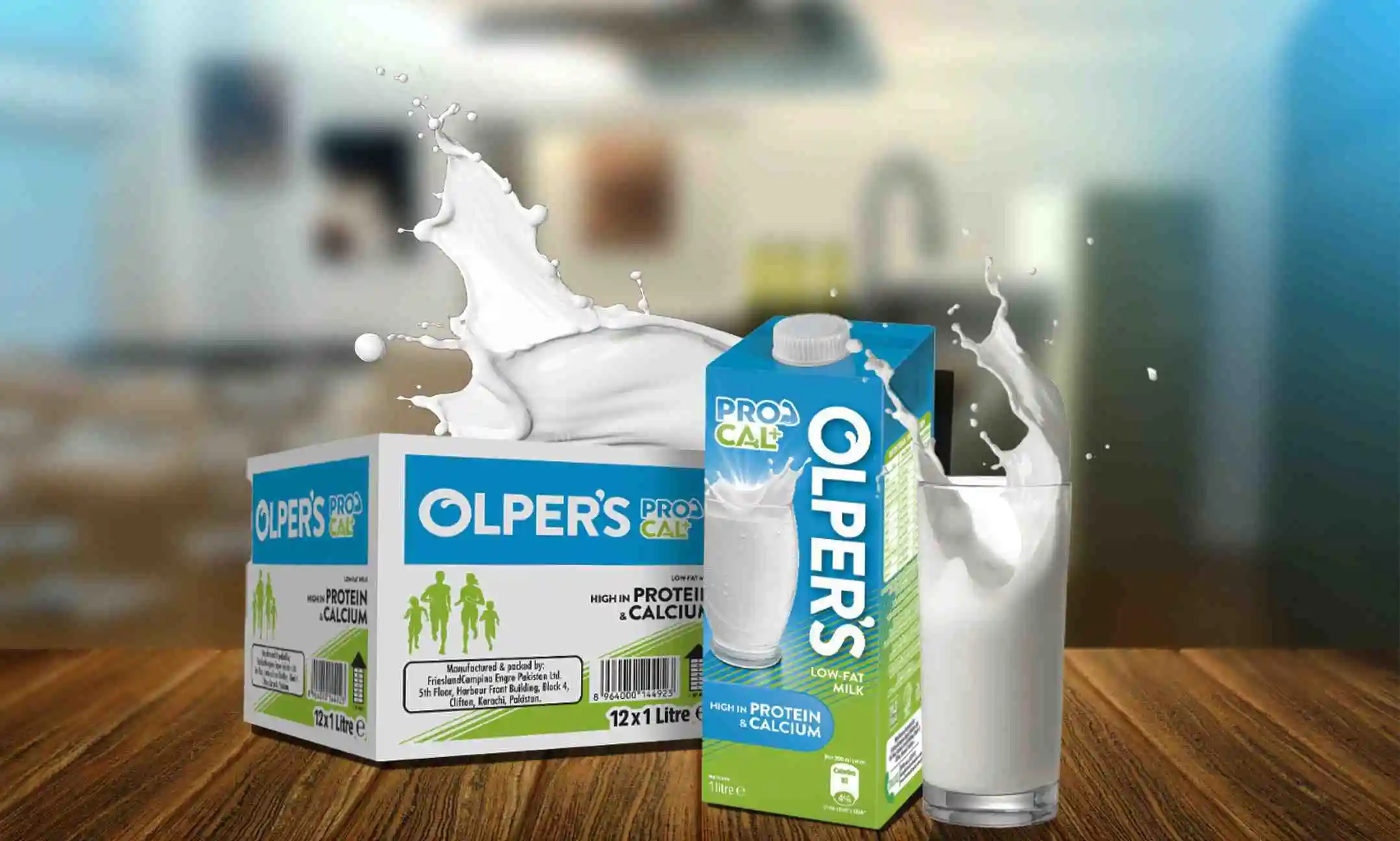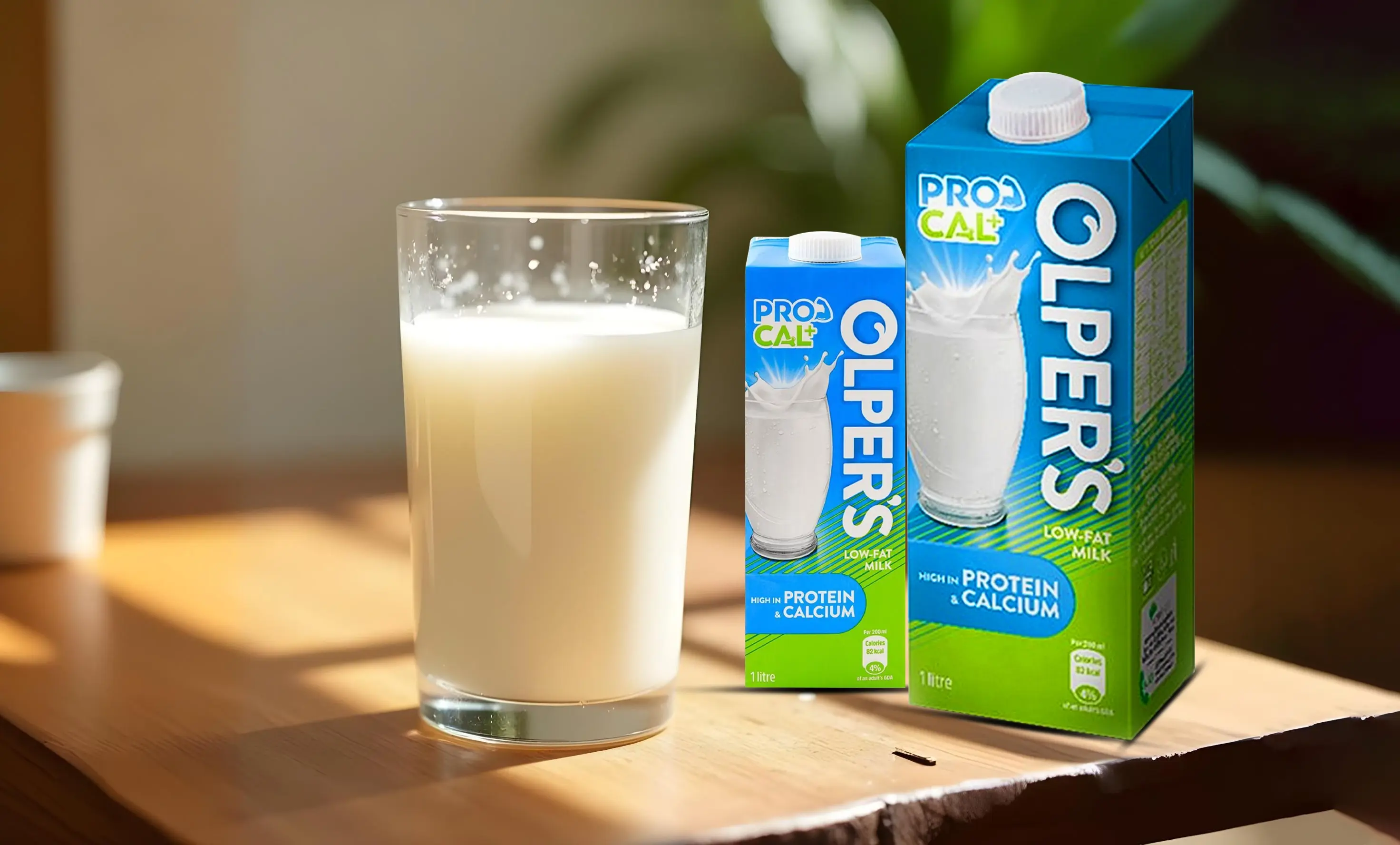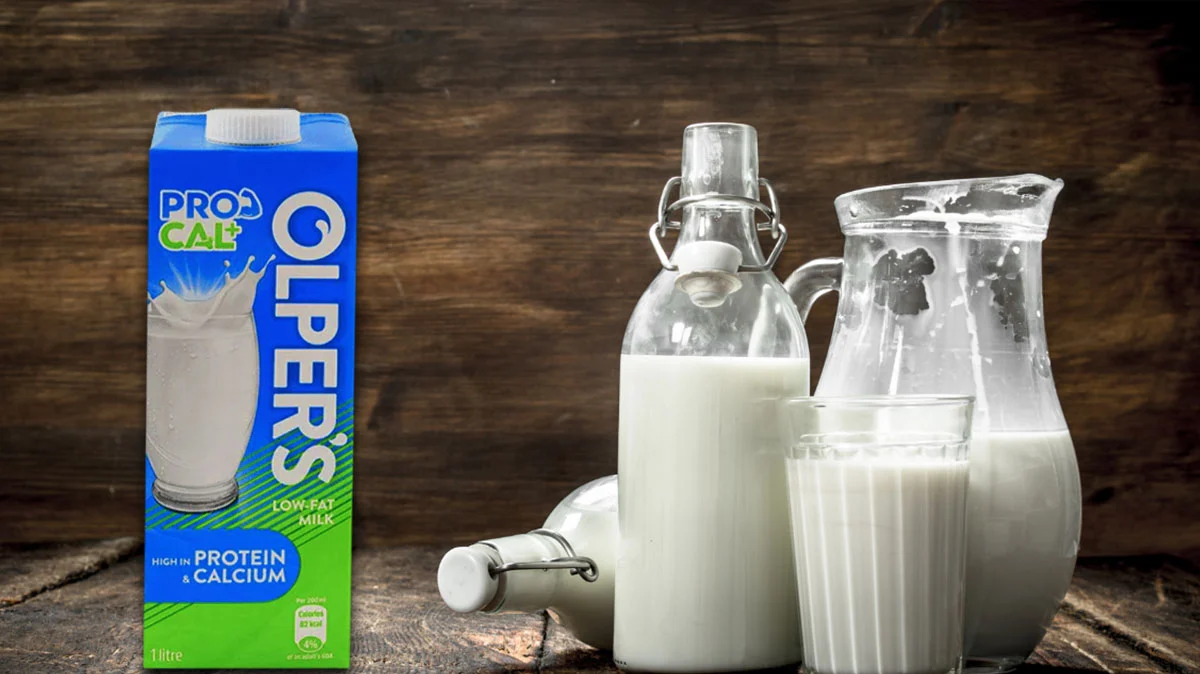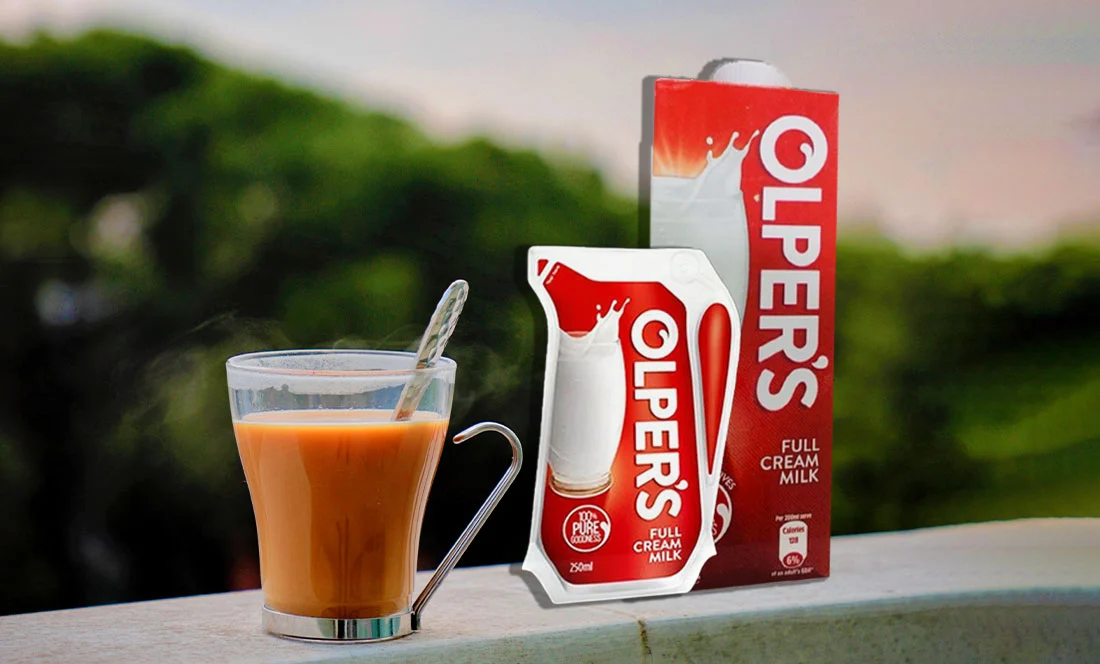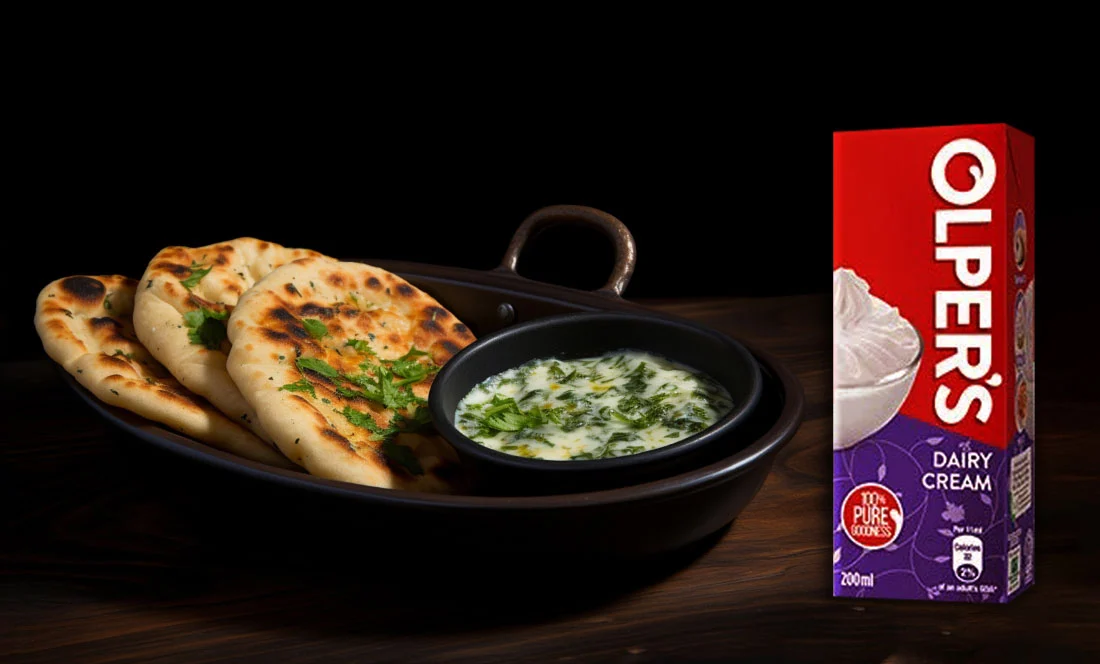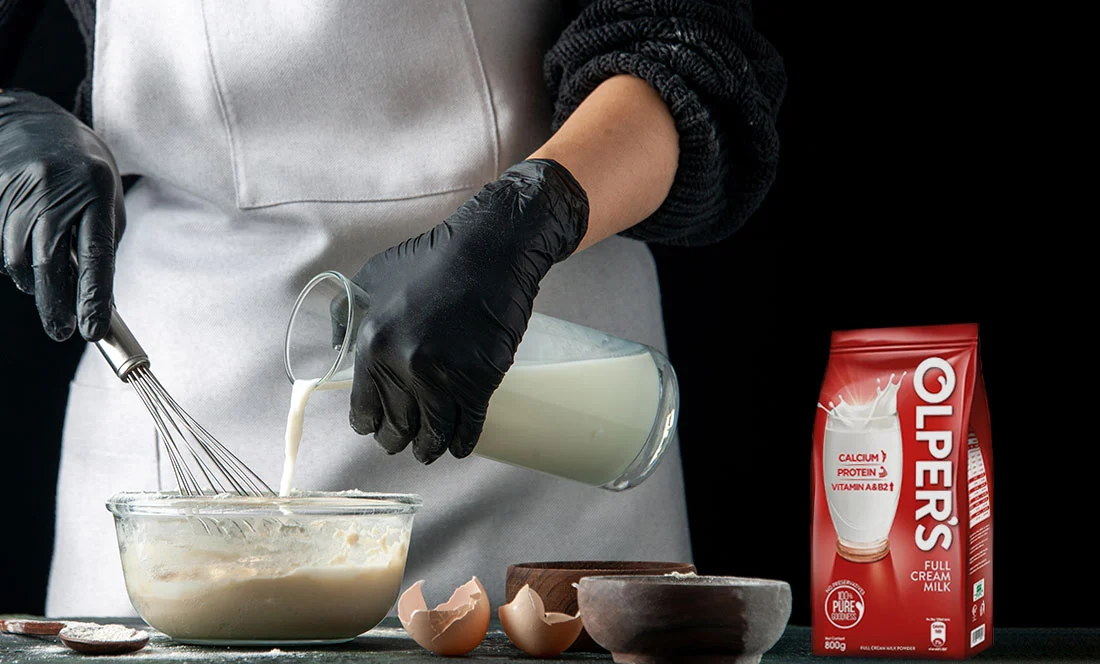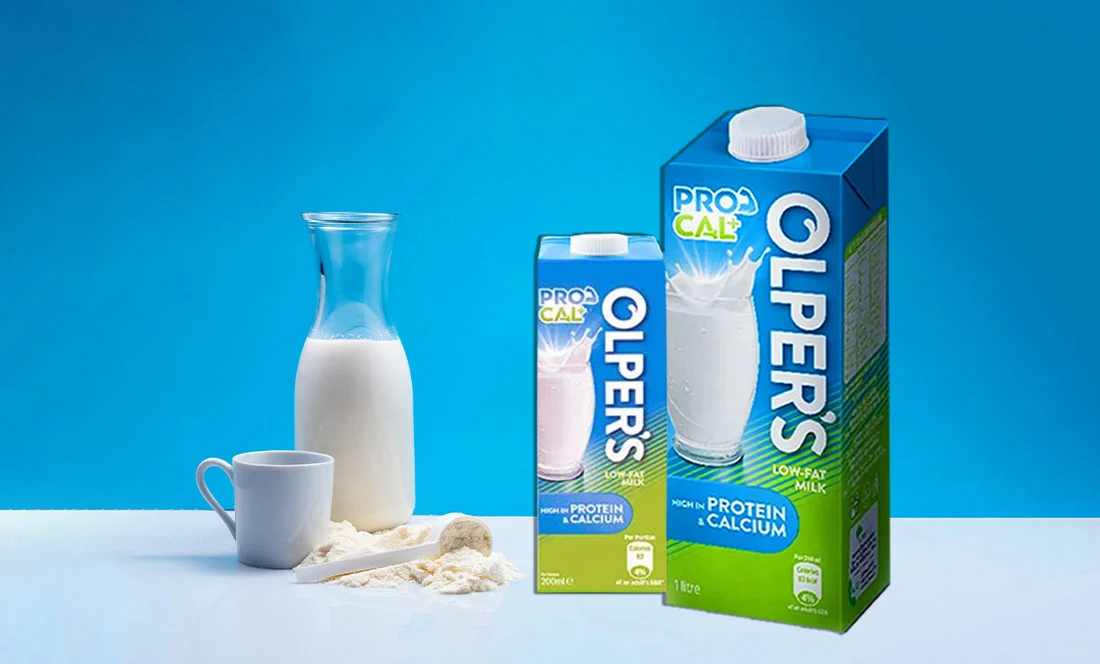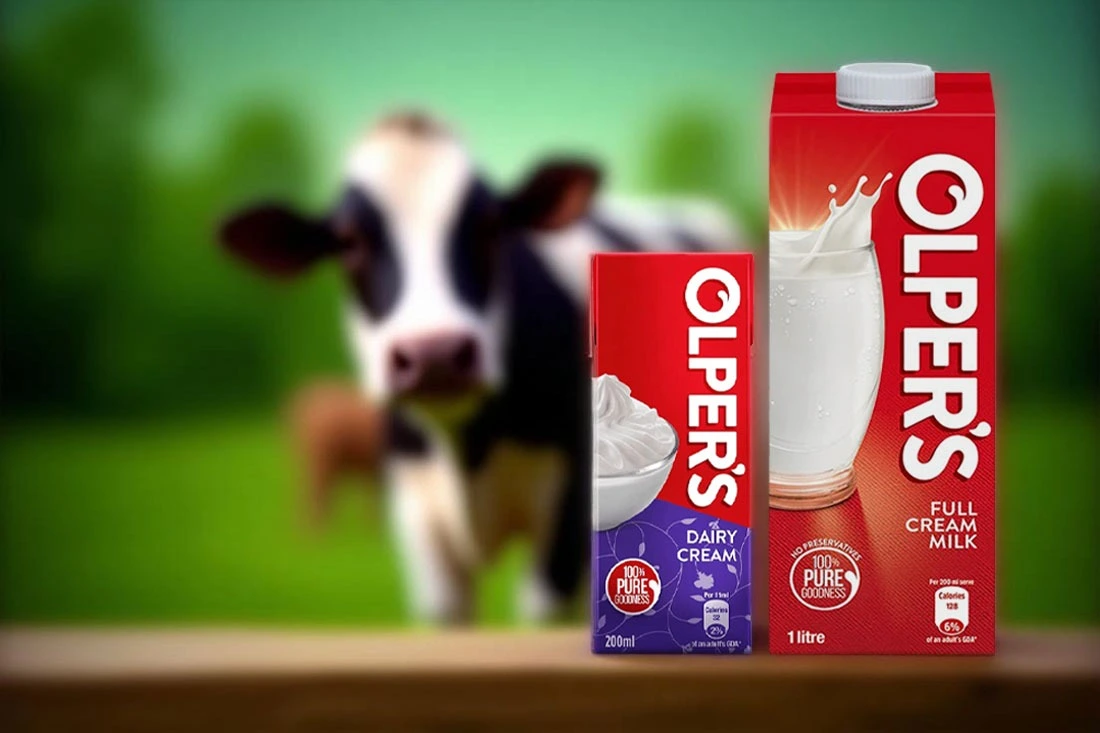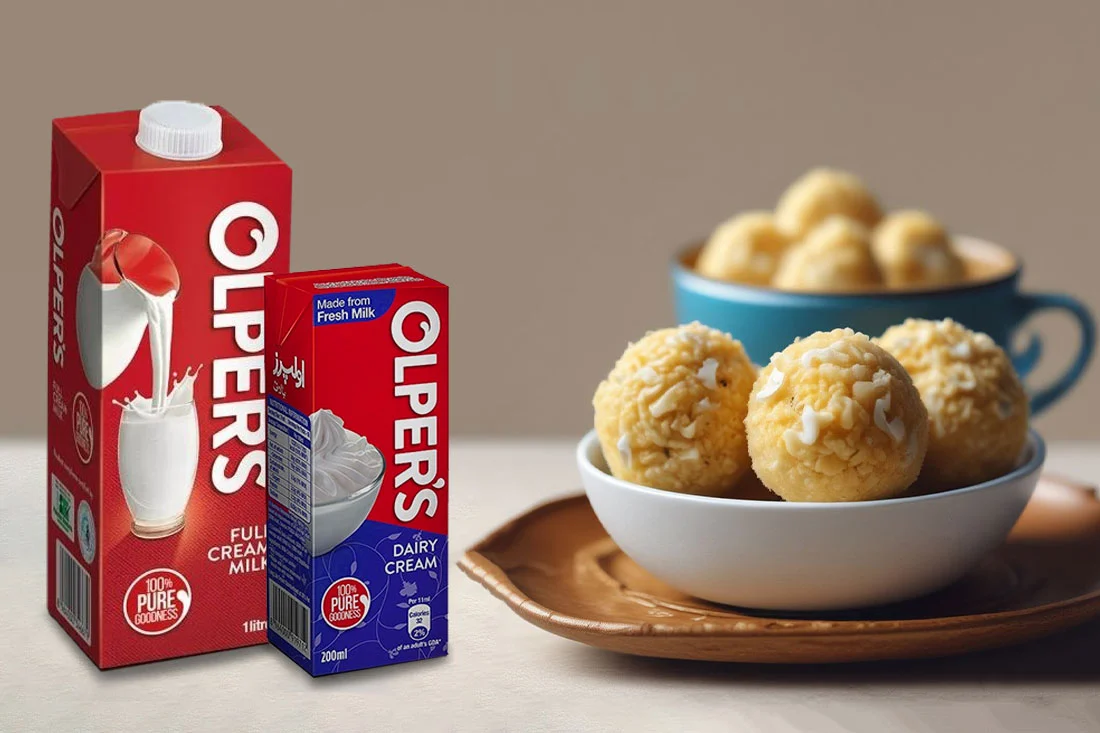WHAT ARE DAIRY PRODUCTS? TYPES, BENEFITS & COMMON EXAMPLES
TABLE OF CONTENTS
- WHAT ARE DAIRY PRODUCTS?
- COMMON TYPES OF DAIRY PRODUCTS
- HEALTH BENEFITS OF DAIRY PRODUCTS
- RISKS AND CONSIDERATIONS
- ALTERNATIVES TO TRADITIONAL DAIRY
- FAQS ABOUT DAIRY PRODUCTS
- IS GHEE BETTER THAN BUTTER?
- CAN I DRINK FLAVOURED MILK DAILY?
- IS MILK POWDER AS HEALTHY AS FRESH MILK?
- WHAT’S THE BEST DAIRY PRODUCT FOR BONE STRENGTH?
- ARE DAIRY PRODUCTS SAFE DURING WEIGHT LOSS?
- FINAL THOUGHTS
KEY TAKEAWAYS
- Dairy products are made from milk and include both fresh and processed items.
- Examples include milk, cheese, ghee, milk powder, cream, and flavoured milk.
- They are rich in essential nutrients like calcium, protein, and vitamin D.
- Some people may need alternatives due to lactose intolerance or allergies.
- When consumed mindfully, dairy can support bone health and overall nutrition.
Dairy is a food group that many people consume in their daily diet around the world. Dairy is eaten not only for its smooth texture and flavour but also for its nutritional value. Dairy food products are derived mostly from milk and milk-based products, which include all types of fresh milk, yoghurt and cheese, as well as butter and cream, and so on. From being consumed in a warm cup of tea to a full meal, dairy products provide nourishment for millions of people daily.
In this blog, we will talk about what dairy products are, the types of dairy-derived foods, and why dairy products are significant to a balanced diet. You will also discover milk-based products with significant health benefits, ways to incorporate dairy mindfully, and considerations for you if you have lactose intolerance. In addition, we will briefly look at the growing use of non-dairy choices now available in stores for people who prefer a plant-based diet.
This blog will examine dairy broadly, whether you frequently consume dairy food products or are considering your choices. We will review the types and benefits of dairy-derived foods and small, everyday examples from my life.
WHAT ARE DAIRY PRODUCTS?
Dairy is an important food group around the world. Dairy is famous for its creamy texture, flavoursome taste and nutrient density. Dairy products, including milk, yoghurt, cheese, butter and cream, are included in daily diets from a cup of tea to full meals, nourishing millions of people each day.
Dairy has been consumed by humans for thousands of years, and milk from cows, goats, and buffalo is the basis for many of the various products we enjoy today. From traditional European cheeses to South Asian yoghurts and everywhere in between, dairy is of real cultural and nutritional value to people around the world. Further, whether consuming traditional dairy or lactose-free products, dairy is an important part of the human diet in an increasing number of locations.
COMMON TYPES OF DAIRY PRODUCTS
There are several milk-based products, with many being quite different in taste, texture and nutritional value. From milk and yoghurt to cheese and butter, the milk and milk products listed here are highly nutritious and enjoyed around the world. Even if you are a person who limits your dairy intake or who enjoys your non-dairy options due to lactose intolerance, there are many dairy options that you'll be able to find in stores or markets.
MILK
Milk is a basic dairy product with calcium and protein, with the intent to support healthy bones and overall healthy living, and various meals and diets, daily.
CHEESE
Cheese is a tasty and creamy dairy product made by curdling milk. It is a good source of protein and calcium and is available in cheddar, mozzarella, and paneer varieties from around the world.
DESI GHEE
Desi ghee, which is clarified liquid fat (butter) widely used in South Asia, is rich in fat-soluble vitamins and has a high smoke point. Because of its high smoke point, ghee is a primary fat in the kitchen and is included in traditional Ayurvedic dietary regimes.
CREAM
Cream is the milk fat separated from milk. It is rich because it contains milk fat, and is available in several forms: heavy cream, sour cream, or whipped cream. In cooking, cream is a common component in desserts, coffee, and savoury cooking.
FLAVOURED MILK
Flavoured milk is a combination of milk with different flavours that make milk "fun" to drink, such as chocolate or strawberry. Flavoured milk is a popular drink for kids, and it can also contain added sugar, so it should be enjoyed in moderation!
HEALTH BENEFITS OF DAIRY PRODUCTS
RICH IN ESSENTIAL NUTRIENTS
Milk-based products are high in calcium, vitamin D, vitamin B12, protein, and potassium, all important nutrients for overall health. These nutrients help keep your bones strong, give your muscles the nutrients they need, and contribute to your body's energy levels, making dairy an important part of a balanced diet.
SUPPORTS BONE AND DENTAL HEALTH
It contributes to the health of bones and teeth, especially for children, teenagers, and older adults, as they need calcium and vitamin D.
AIDS IN WEIGHT AND MUSCLE MANAGEMENT
High-protein dairy, such as milk and cheese, contributes to muscle growth, makes you feel full, and supports healthy weight and appetite regulation.
RISKS AND CONSIDERATIONS
LACTOSE INTOLERANCE
Some individuals may experience lactose intolerance, where the body is incapable of digesting lactose found in milk and milk products, resulting in bloating or discomfort in their stomach. You can still benefit from the nutrients in dairy by opting for lactose-free milk or alternative non-dairy products like almond or soy milk, allowing you to conveniently include dairy in your diet!
DAIRY ALLERGY VS. INTOLERANCE
Understanding the difference between a dairy allergy and lactose intolerance is crucial! A dairy allergy is an immune response, while lactose intolerance is a digestive condition and the inability to digest lactose, the sugar found in milk and milk products. While both may limit your consumption of certain dairy products, the management of each is different.
Individuals with dairy allergies must avoid all forms of dairy, while individuals with lactose intolerance may still consume dairy in a lactose-free form and still obtain the health benefits from dairy. Even better, there are various non-dairy options available that help you incorporate nutrition into your diet without a downside!
FAT AND SUGAR CONCERNS
Some dairy products, such as desi ghee and flavoured milk, are higher in fat or added sugar, and while they provide some health benefits of dairy, it is important to consume these products in moderation. By balancing these milk and milk products within a healthy diet, you can maximise the health benefits of dairy in your diet, without taking in excessive calories.
ALTERNATIVES TO TRADITIONAL DAIRY
PLANT-BASED MILKS
For those with lactose intolerance or dietary restrictions, dairy alternatives such as almond, soy, and oat milk are great choices. Although they are not true milk and milk products, they are often fortified with nutrients such as calcium and vitamin D, which do provide some of the health benefits of dairy. Each milk type has its advantages; soy milk is protein-packed, almond milk is low in calories, while oat milk is creamy and fibrous, so they are smart additions to the milk and milk products in your diet.
NUTRITIONAL COMPARISON
When looking at plant milk and traditional dairy milk, it is clear that there are differences in the nutritional values. Dairy milk is a source of naturally occurring calcium, protein, vitamin B12, and vitamin D, which contribute to the known health benefits dairy has concerning bone health and muscle growth.
Plant-based milks, like almond, soy, and oat, are all excellent non-dairy milk options (especially for people with lactose intolerance). Many plant-based milks are fortified with vitamins and minerals similar to milk and milk products. The differences in protein content and the amount of calorie intake will also vary across plant-based milks.
Deciding if you want a plant-based milk vs traditional dairy or if you use both will depend on your dietary requirements, personal taste preferences, and how dairy is included in your diet.
FAQS ABOUT DAIRY PRODUCTS
IS GHEE BETTER THAN BUTTER?
Ghee has a higher smoke point and is easier for some people to digest.
CAN I DRINK FLAVOURED MILK DAILY?
Yes, but in moderation because of the added sugar.
IS MILK POWDER AS HEALTHY AS FRESH MILK?
Yes, most nutrients are retained, but the taste and enzymes like fresh milk.
WHAT’S THE BEST DAIRY PRODUCT FOR BONE STRENGTH?
Milk and yoghurt are good sources of calcium and vitamin D for bone support.
ARE DAIRY PRODUCTS SAFE DURING WEIGHT LOSS?
Yes, but choose low-fat to get benefits without the excess calories.
FINAL THOUGHTS
Dairy products are nutritious and versatile staple food items in anyone's diet, providing several health benefits, such as stronger bones and improved muscle function. Whether you consume milk and milk products like ghee, cheese, and yoghurt, or if you're lactose intolerant and consume non-dairy alternatives instead, you can always include dairy as part of your diet. Dairy can support your wellness goals, with a bit of consideration and moderation, to fit into anyone's food choices.
Finally, if you're looking for high-quality dairy, you should choose Olpers - the choice of families across Pakistan for pure, delicious and nutritious dairy products. Check out their full product range today at Olpers Mart.
Related Blogs
| Image | Product | Price | Quantity | Subtotal |
|---|





